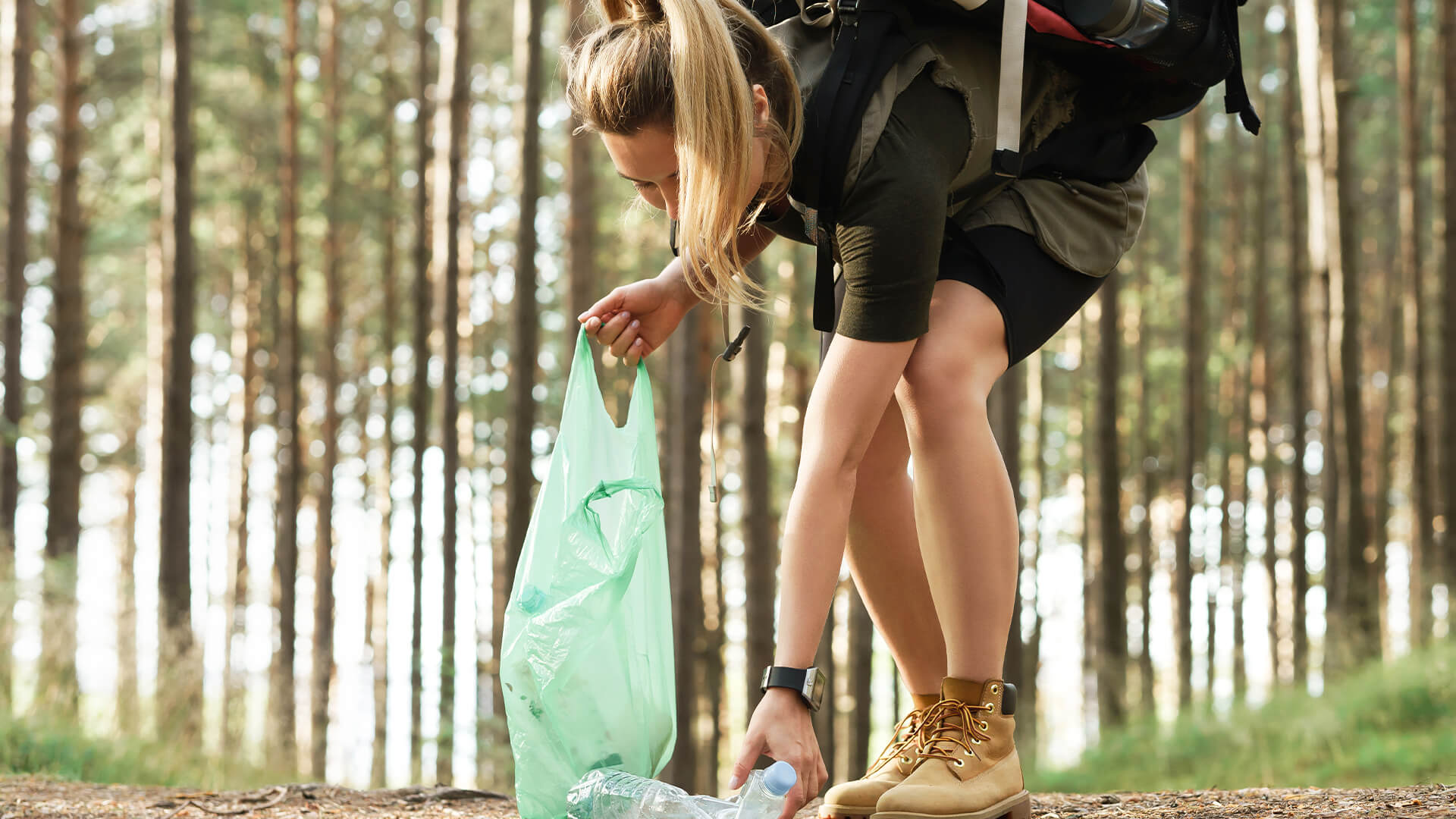
As there is a growing awareness of how to travel more sustainably, with “sustainable travel” seeing a 1,100% uplift in the past 90 days alone, the travel and safari experts Go2Africa reveal the 5 often overlooked ways to stay truly sustainable when travelling and offer advice on what travellers should consider.
By Go2Africa
Modes of transport
When a lot of us think about sustainable travel, most of the attention goes to the flight to the destination. While this should always be considered, and steps should be taken to reduce and offset carbon emissions caused by flying, this is not the only factor to consider when travelling. Once you reach your destination, you should seek a mode of transport to get you around that will have the lowest possible impact on the environment. Most popular cities and towns should have a reliable public transport network that allows you to get around and sightsee without restrictions and is the most sustainable form of travelling that isn’t walking or cycling around. If public transport is restricted or not available in your location, then there are sustainable alternatives to relying on driving your own car. Although it may seem like just another car, taxis can be a sustainable alternative as you can car share with fellow travellers, helping to reduce both your carbon emissions and your taxi fare.
For safari holidays then consider a tour that uses an electric safari vehicle, as opposed to a traditional diesel-powered 4×4. Electric safari vehicles do not burn any fuel and are near-silent, reducing the disturbance for animals and the harm done to the environment. In addition to this, electric safari cars run at 95% efficiency, as opposed to up to 30% efficiency for standard combustion engines.
Consider your accommodation carefully
Although 70% of global travellers revealed they would be more likely to book accommodation if they knew it was eco-friendly, how many of us know what exactly to look for when deciding whether an accommodation is sustainable? When researching an accommodation, it’s really easy to be “green-washed” where an accommodation says it’s eco-friendly but doesn’t explain how so. When looking at accommodation, firstly check its eco-credentials and make sure there’s evidence to support its claims. For example, look out for credentials such as:
- Zero-waste – meaning the accommodation does not waste any product and any waste goes back into the accommodation.
- Carbon-neutral – this means they offset the carbon produced for each person staying in the accommodation.
- Wildlife-friendly – fund or works with conservation and habitat restoration.
- Plastic-free – no single-use plastic found on the premises.
There are also simple steps to take so you can ensure your stay is eco-friendly. From unplugging appliances when not in use to avoid draining energy, to not having fresh towels and sheets every day. Although it is nice to indulge when on holiday, think about your accommodation as a home away from home; would you wash your bed sheets after just one night? You should also be mindful of the water usage and avoid taking too long showers or using water needlessly.
Limit plastic packaging
Be mindful when bringing plastic products from home, especially toiletries. If your toiletries do run out while on holiday, make sure you recycle the empty bottle properly, rather than just throwing them away in the general waste bin. If you aren’t sure how to recycle when on holiday, then simply ask your accommodation to help. If recycling is not possible at your accommodation, then consider bringing any empty bottles back home to recycle properly. Although it may seem frustrating to bring empty bottles back, this guarantees they won’t end up in landfill if you dispose of them incorrectly.
Try and avoid buying and using plastic while on holiday too, especially single-use products. There are ways to avoid using single-use plastic, from bringing a spare tote bag out with you in case you end up buying goods while sight-seeing, to bringing a reusable water bottle instead of buying single-use bottles. If it is advisable to avoid drinking tap water, then there are still ways to use your reusable bottle. You can sterilise tap water by boiling it to help kill all pathogens present or invest in water purification drops or tablets.
Support local economies and sustainable activities
A great way to support local economies is to use local tour and travel guides with knowledge of the area. Not only does this help contribute to the local economy but their expertise will be unrivalled as they’ll know information that guide books simply won’t be able to tell you. Choose reputable tour operators to find the best guides and tours.
Where you choose to shop, eat and drink is another easy way to support local economies. Eating, drinking and shopping at local places ensures the money you spend stays within the destination and local owners and employees will financially benefit from this. Not only this, but it ensures you, as the traveller, can try authentic, local cuisine and any souvenirs you buy are locally produced.
Leave an area better than you found it
A great saying to keep in mind is “leave an area better than you found it.” This means not only should you make sure you take all your belongings back after you leave, but you should also ensure you don’t negatively impact the location while on holiday. While this may seem obvious, it is extremely easy to cause harm to the environment without even realising it. Staying on trails and public footpaths not only ensures you remain on a safe path when exploring a new area, but it prevents you from accidentally stepping on and destroying native plants and from potentially disturbing wildlife. While on your walk, bring a spare bag to collect any litter you may come across. Even just picking up a few pieces of rubbish will go a long way to helping keep the environment clean and tidy.



















